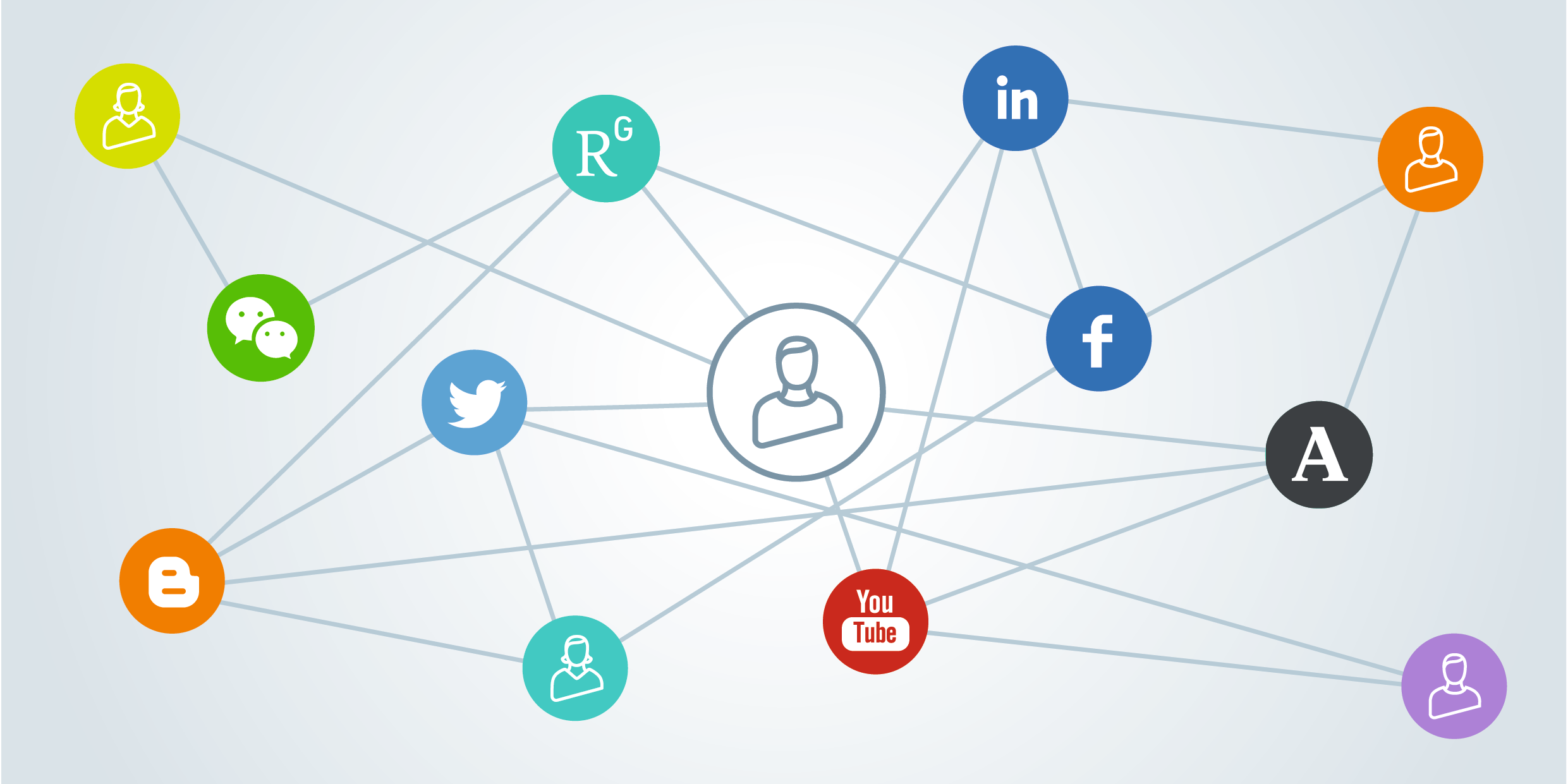Transparency in Peer Review: Conference Proceedings
The Peer Review Week 2017 celebrates the importance of peer review in maintaining the quality and accuracy of science. Today we shed light on the Peer Review process in Conference Proceedings. Written by Aliaksandr Birukou Conference Proceedings can be a great format for publishing important and valuable research and communicating new results much faster than journals. Did you know that conference proceedings are not just a simple compilation of conference papers but also go through rigorous, often-times a stricter peer review process? Let’s look at an example. The proceedings of the 18th International Conference on Agile Software Development, XP 2017, … Read more…





